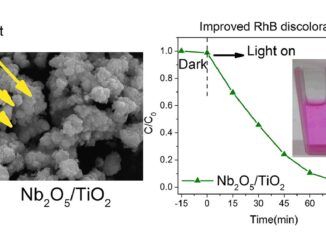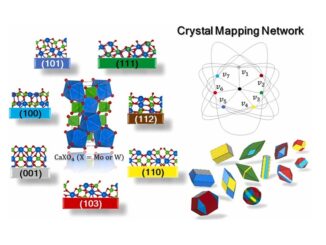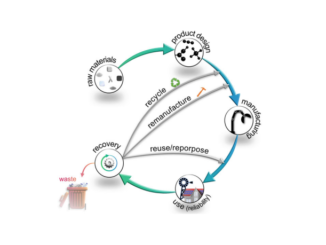
Thermal annealing of natural rubber films controls wettability and enhances cytocompatibility
Abstract: In spite of the widespread use of natural rubber in regenerative therapies, thermally induced modifications of its complex chemical structure and their effect on the surface properties and the cell response (attachment-adhesion-proliferation) are still an unexplored topic. Here, we demonstrate how thermal treatments enhance the cell response due to changes to the inner and surface structures of natural rubber. In situ studies of the temperature effects conducted via infrared spectroscopy revealed both molecular rearrangements and anharmonic effects in the polymeric lattices. Thermal treatments at different temperatures allowed to control the wetting regime. Contributions of different surface parameters to the wettability were decoupled by statistical analysis of the principal component. The polar component of the surface free energy was recognized as the main surface player, which influences cell spreading, attachment, proliferation, and tissue growth. A simple thermal annealing of the natural rubber film at 373 K alters the local structure of the latex inducing an increase in cell viability. The experimental-statistical analysis approach allows an accurate correlation of physicochemical properties with cell supportability. The results highlight the potential of natural rubber polymers by tuning surface wettability, via simple thermal treatment, for biomedical applications.
Author(s): Nascimento, R. M. d.; Rodrigues, J. E. F. S.; Favarin, B. Z.; Ramos, A. P.; Ciancaglini, P.; Pecharroman, C.; Rahouadj, R.; Hernandes, A. C.; Bechtold, I. H.
Surfaces and Interfaces
Published: July 2022, Volume 31, 102048
DOI: https://doi.org/10.1016/j.surfin.2022.102048
CDMF
The CDMF, hosted at the Federal University of São Carlos (UFSCar), is one of the Research, Innovation and Dissemination Centers (RIDC) supported by the São Paulo State Research Support Foundation (Fapesp), and also receives investment from the National Council Scientific and Technological Development (CNPq), from the National Institute of Science and Technology of Materials in Nanotechnology (INCTMN).




